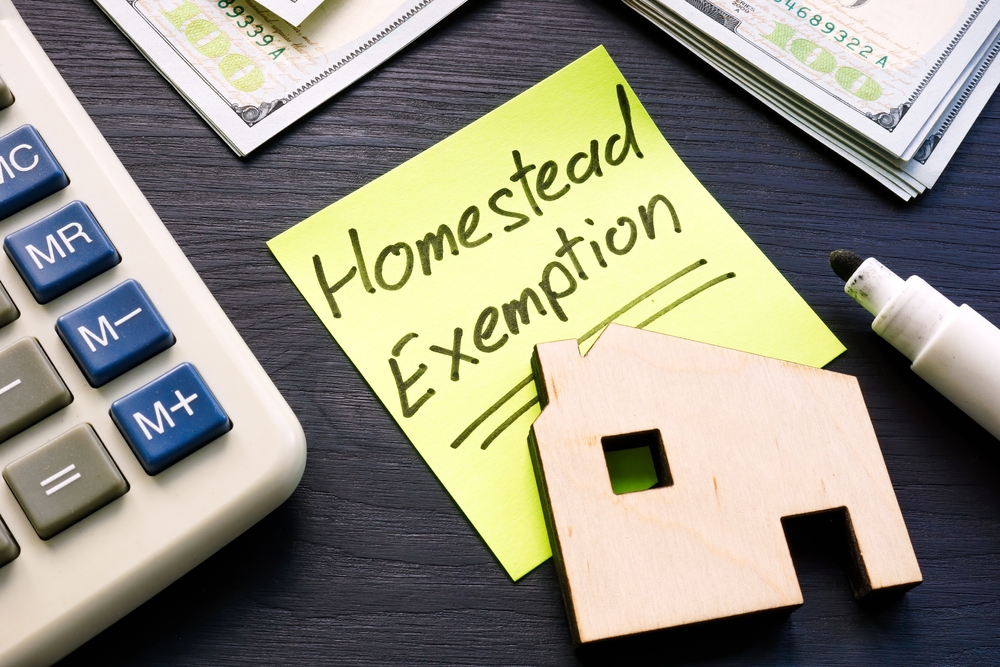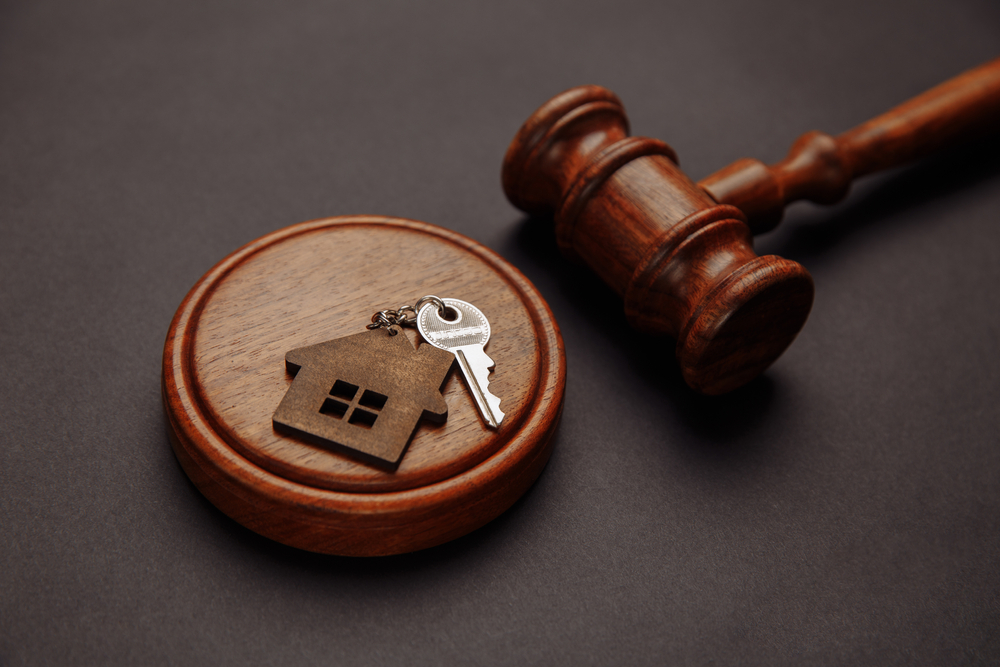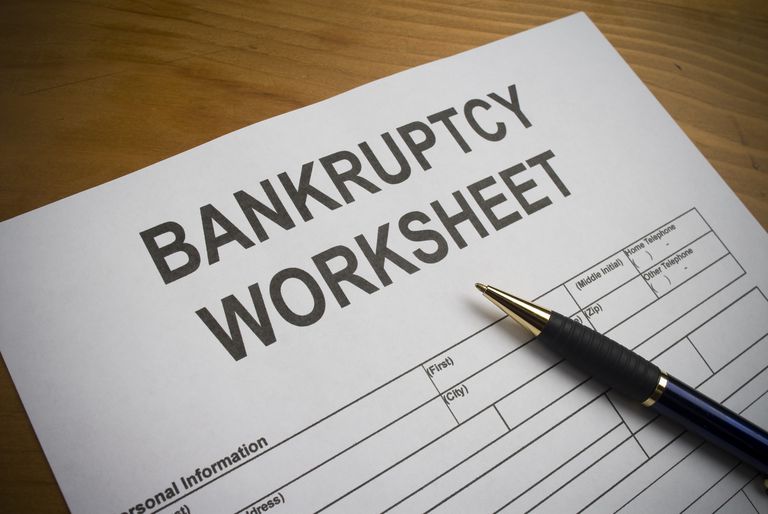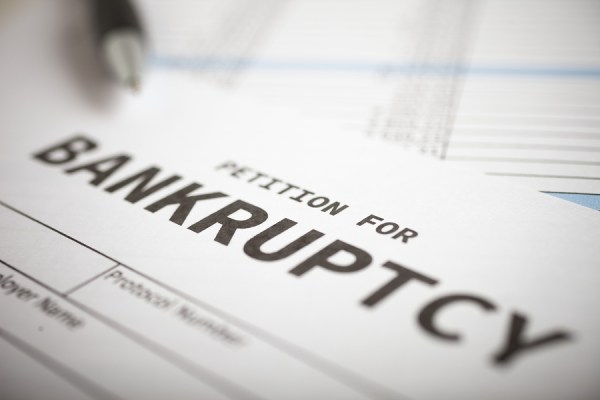When a person files for chapter 7 bankruptcy, they are allowed to claim certain property as “exempt,” or legally protected from creditors up to a certain value. Property that is exempt cannot be taken by the chapter 7 trustee to be used to pay the debtor’s creditors, whereas “nonexempt” property can be taken for that purpose. Minnesota allows debtors to elect either “State exemptions” or “Federal exemptions” to exempt, and protect, their property. The Federal exemptions are those specifically provided in the Federal Bankruptcy Code. State exemptions include any Minnesota State law, or applicable Federal law, not provided for in the Bankruptcy Code. Deciding whether to use State or Federal exemptions is complicated and better elaborated upon in other blogs. However, it is imperative that the debtor select the correct exemptions to use, as it often drastically impacts how much property they will be able to exempt. This is why it is also a good idea to discuss one’s potential bankruptcy case with an experienced bankruptcy attorney before filing one’s bankruptcy case.

Is Certain Property Automatically Exempt in a Chapter 7 Bankruptcy?
When a person files for chapter 7 bankruptcy, they are allowed to claim certain property as...




